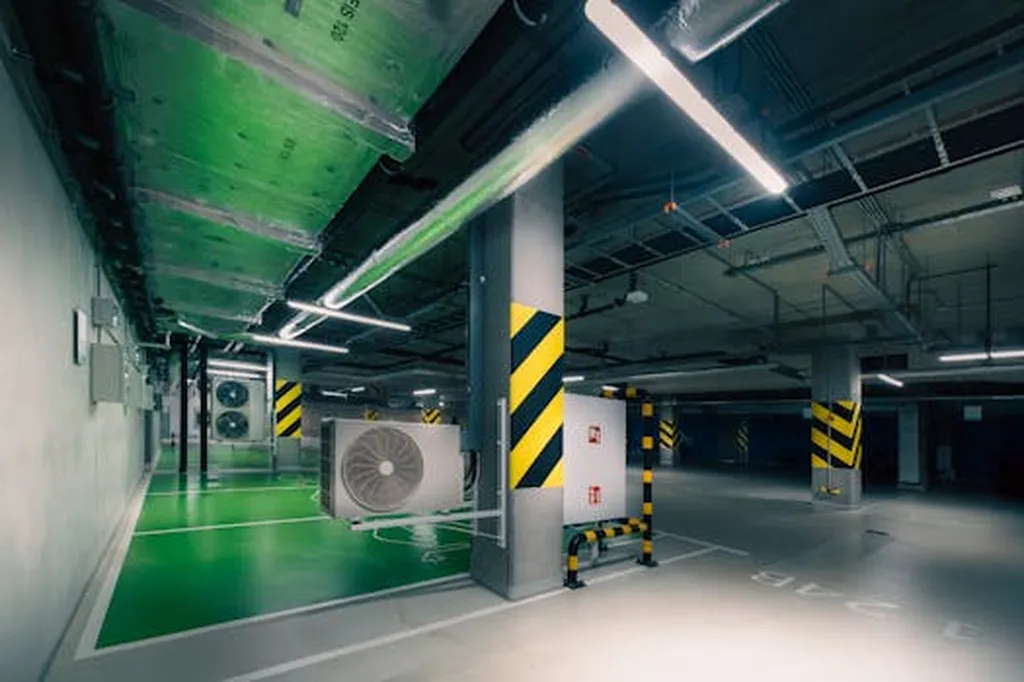In the quest for sustainable construction materials, researchers have made a significant stride by developing a self-cleaning geopolymer composite that could revolutionize the industry. The study, led by Doaa A. Ahmed from the Faculty of Women for Arts, Science, and Education at Ain Shams University, explores the integration of fly ash (FA) and bentonite clay (BC) to create an eco-friendly geopolymer composite with enhanced mechanical and photocatalytic properties.
The composite, composed of 70% fly ash and 30% bentonite clay, was further enhanced by incorporating zinc oxide nanoparticles, resulting in the FB-ZnO composite. The addition of 2.5% nano-ZnO improved the mechanical strength of the FB composite by 20% and reduced its total porosity from 15% to 11%. “The enhanced mechanical properties of the FB-ZnO composite make it a promising candidate for various construction applications,” Ahmed noted.
The study also examined the antibacterial activity of the composites against six pathogenic bacterial strains. The FB-ZnO composite demonstrated nearly twice the inhibition zone diameter compared to the FB composite, indicating its superior antibacterial properties. This feature could be particularly beneficial in healthcare facilities and other environments where hygiene is paramount.
In terms of environmental impact, the composites showed superior adsorption activity in treating effluent from Reactive Blue 19 (RB) dyeing baths. The FB-ZnO composite had a maximum adsorption capacity (Qmax) of 196 mg/g, compared to 136 mg/g for the FB composite. The adsorption process conformed to the Langmuir isotherm model, indicating chemisorption. “The composites’ ability to effectively adsorb and degrade pollutants highlights their potential in environmental remediation,” Ahmed explained.
The degradation of the RB solution under sunlight exposure was also studied, with removal and degradation efficiency increasing significantly within the first 90 minutes. The elimination efficiency improved from 22% to 49% for the FB composite and from 40% to 61% for the FB-ZnO composite. This self-cleaning property could extend the lifespan of construction materials and reduce maintenance costs.
The research, published in the journal *Sustainable Environment Research* (translated as *البيئة المستدامة: البحث*), opens up new possibilities for the construction industry. The development of eco-friendly building materials with enhanced mechanical, antibacterial, and photocatalytic properties could lead to more sustainable and cost-effective construction practices. As the demand for green buildings continues to grow, this innovative composite could play a crucial role in shaping the future of the construction sector.

